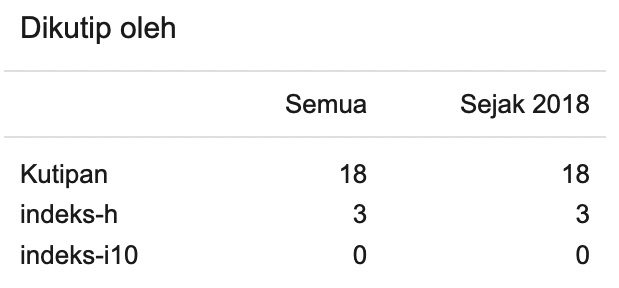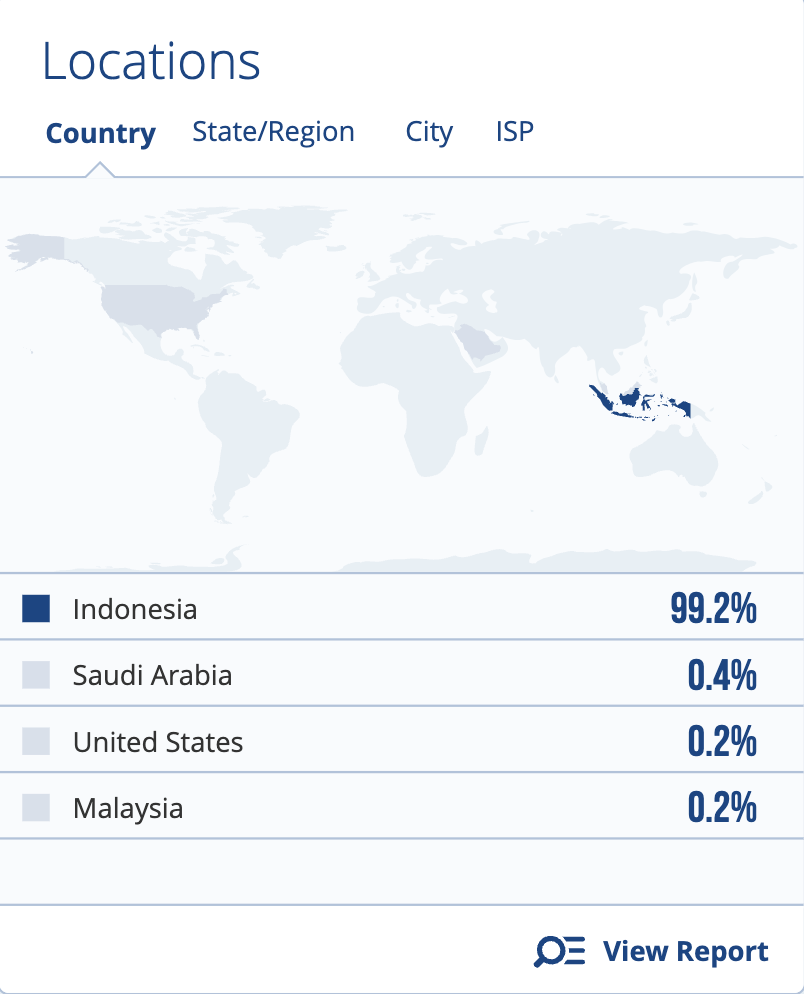Pelatihan Penggunaan Pulsed Electric Field sebagai Peningkatan Kualitas Ikan di Kelompok Mina Rizqi Muarareja Tegal
Abstract
The Mina Rizqi fish processing group is one of the fish processing groups in the Muarareja sub-district, West Tegal District, Tegal City. Mina Rizqi's group processes fish using simple equipment such as boxes, jerry cans, drying in the open, and washing with water in a basin. Lack of knowledge that producing good fishery products must meet certain standards. Improving fish quality is a crucial aspect of the fishing industry to meet quality standards and increase product competitiveness. Pulsed Electric Field (PEF) is a post-harvest processing technology that uses short electrical pulses to improve the texture, taste, and shelf life of fish. The aim of this training is to provide members of the Mina Rizqi Muarareja Tegal group with an in-depth understanding of the working principles of PEF, its benefits on fish quality, as well as its practical implementation in the fish processing process. The method of implementing activities is training, which covers technical aspects of PEF, parameters that influence the effectiveness of PEF, and procedures for safe use. The results of the training increased the knowledge and skills of Mina Rizqi group members in implementing PEF effectively. After training, the Mina Rizqi Fish Processing Group was able to increase its productivity from 60kg to 100kg per production period.
References
Arsal, A. F., Fauzi, A. Z., Permana, A. A., Noris, M., Rasmani, R., AS, A. P., Al-Hakim, R. R., Pratiwi, R. H., Taufiqurrahman, M., & Perdana, A. T. (2023). Bioteknologi. Global Eksekutif Teknologi.
Basri, B., & Febrinata, M. H. (2021). Implementation Of Frozen Cube Tuna Processing SSOP (Thunnus Sp) At PT. Aceh Lampulo Jaya Bahari. Baselang, 1(2), 123–128.
Diwangkoro, E. (2020). Development of teaching factory learning models in vocational schools. Journal of Physics: Conference Series, 1456(1), 12046.
Fatchiya, A., Amanah, S., & Sadewo, T. (2019). Faktor-Faktor Yang Memengaruhi Kemampuan Pengolah Ikan Tradisional Di Kabupaten Cirebon. Jurnal Sosial Ekonomi Kelautan dan Perikanan, 14(2), 239–247.
Irawati, H., Kusnandar, F., & D Kusumaningrum, H. (2019). Analisis Penyebab Penolakan Produk Perikanan Indonesia Oleh Uni Eropa Periode 2007 – 2017 Dengan Pendekatan Root Cause Analysis. Jurnal Standardisasi, 21(2), 149. https://doi.org/10.31153/js.v21i2.757
Kementerian Perindustrian. (2022). Direktori Perusahaan Industri Ekspor ikan.
Kementrian Kelautan dan Perikanan. (2021). Statistik Ekspor Produk Perikanan Indonesia Tahun 2017-2021.
Kementrian Kelautan dan Perikanan. (2022). Komoditi Ekspor Perikanan.
Kholik, A., Bisri, H., Lathifah, Z. K., Kartakusumah, B., Maufur, M., & Prasetyo, T. (2022). Impelementasi kurikulum Merdeka Belajar Kampus Merdeka (MBKM) berdasarkan persepsi dosen dan mahasiswa. Jurnal Basicedu, 6(1), 738–748.
Novike, A. (2022). TA: Analisis Penerapan Good Manufacturing Practice (GMP) Produk Rendang Ikan Tuna di UMKM Dapur Yonica Kecamatan Lubuk BegalungKota Padang. Politeknik Negeri Lampung.
Qirom, Q., Darmawan, A., & Niam, B. (2023). Desain Perancangan Teknologi Pulsed Electric Field dalam Reduksi Bakteri Ikan. Jurnal Teknik Elektro dan Komputasi (ELKOM), 5(2), 317–324.
Copyright (c) 2024 IJCOSIN: Indonesian Journal of Community Service and Innovation

This work is licensed under a Creative Commons Attribution-NonCommercial-ShareAlike 4.0 International License.






